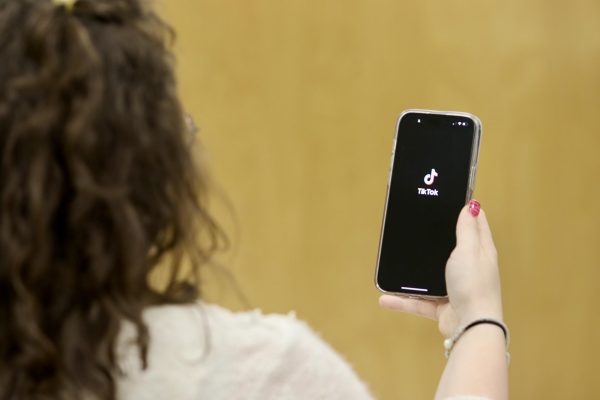Online classes are not the same for all students
We are currently in the midst of a statewide shutdown of schools, restaurants, gyms, churches and any other location that requires the congregation of large numbers of people. This is also happening across the country and even the globe.
Elementary, middle and high schools have closed, along with colleges and universities. Many schools have decided to transition all face-to-face classes into online versions. This has resulted in an unending amount of questions and concerns.
Parents have had to begin homeschooling their young children. College students now have to join video chats for class lectures.
What about the students who have less of a capacity to learn online? Some children may not have the ability or attention span to sit down and learn outside of a classroom setting. Many high school and college-level students may have the same issue.
How will the transition to online classes impact students’ grades and education in general? Students purposefully choose to enroll in face-toface courses because they are aware of their own strengths and weaknesses.
Online courses require a different type of discipline. You must choose a designated time to allow yourself to watch—and comprehend—a lecture video or read online readings. Some students have more confidence about doing well in face-to-face classes, where there is a designated lecture, note-taking, review and test time.
Unfortunately, I think some students’ grades will decline. It is much easier to forget about an assignment when the only time and place to get reminders is through Moodle and email.
Will all courses be effective as 100% online versions? Will tests and other assignments be easier or harder? Some students may be rejoicing. Great! Now they can use their resources at their own discretion.
On the other hand, some may use this as an excuse to negate the studying process. This will cause students’ active learning and comprehension abilities to suffer.
What about the students who do not have internet access at home or even a computer to connect to it? These students are at risk of losing credits or deteriorating grades. Will they be accomodated? We are in the midst of a pandemic, meaning it won’t be very easy to get to a location, such as a library, that may have working computers and Wi-Fi.
Not everyone believes so, but education is important. So is the health and safety of our school, our parish, our state, country and world. Leaders and officials have made difficult, but crucial, decisions during our current circumstances.
While this article highlights the downside of the situation, I do not want to focus on that— I simply want to shed light on the fact that some will struggle. For the most part, I want to encourage you all during this time, despite the current hardships.
I believe we all have the capacity to adapt. Children will be okay because they are fast learners. Teenagers, young adults, college students—you’ll do great. Find the motivation, maintain it.
We should be jumping at the chance to be innovative. Teachers are exploring online learning techniques. Students and teachers alike should welcome the changes. Use the situation as an opportunity to be creative, to catch up on hobbies or to bond with family.
This is a challenge that will persist for the rest of the semester, but we will get through it, and we will recover.
If you feel the fear creep up on you or your workload begins to overwhelm you, remember that this situation is not permanent.
Physical isolation is encouraged, but even from a distance, we all have each other.
Reach out. Take breaks. Stay hydrated, nourished and healthy.
Your donation will support The Lion's Roar student journalists at Southeastern Louisiana University.
In addition, your contribution will allow us to cover our annual website hosting costs.
No gift is too small.

Brynn Lundy Arriago began working for The Lion's Roar in the fall of 2019, her first semester at Southeastern, and now serves as Graduate Assistant. From...







